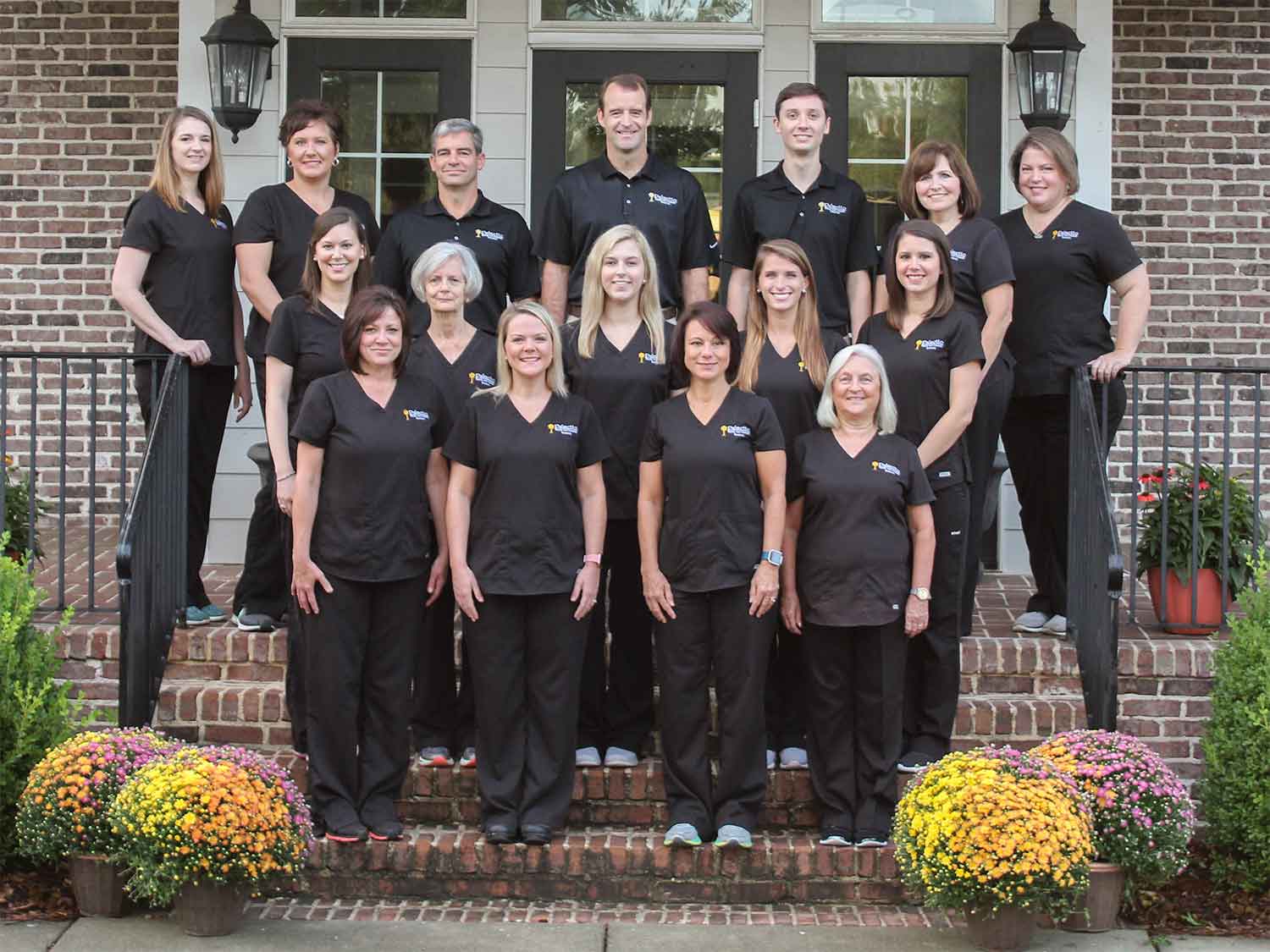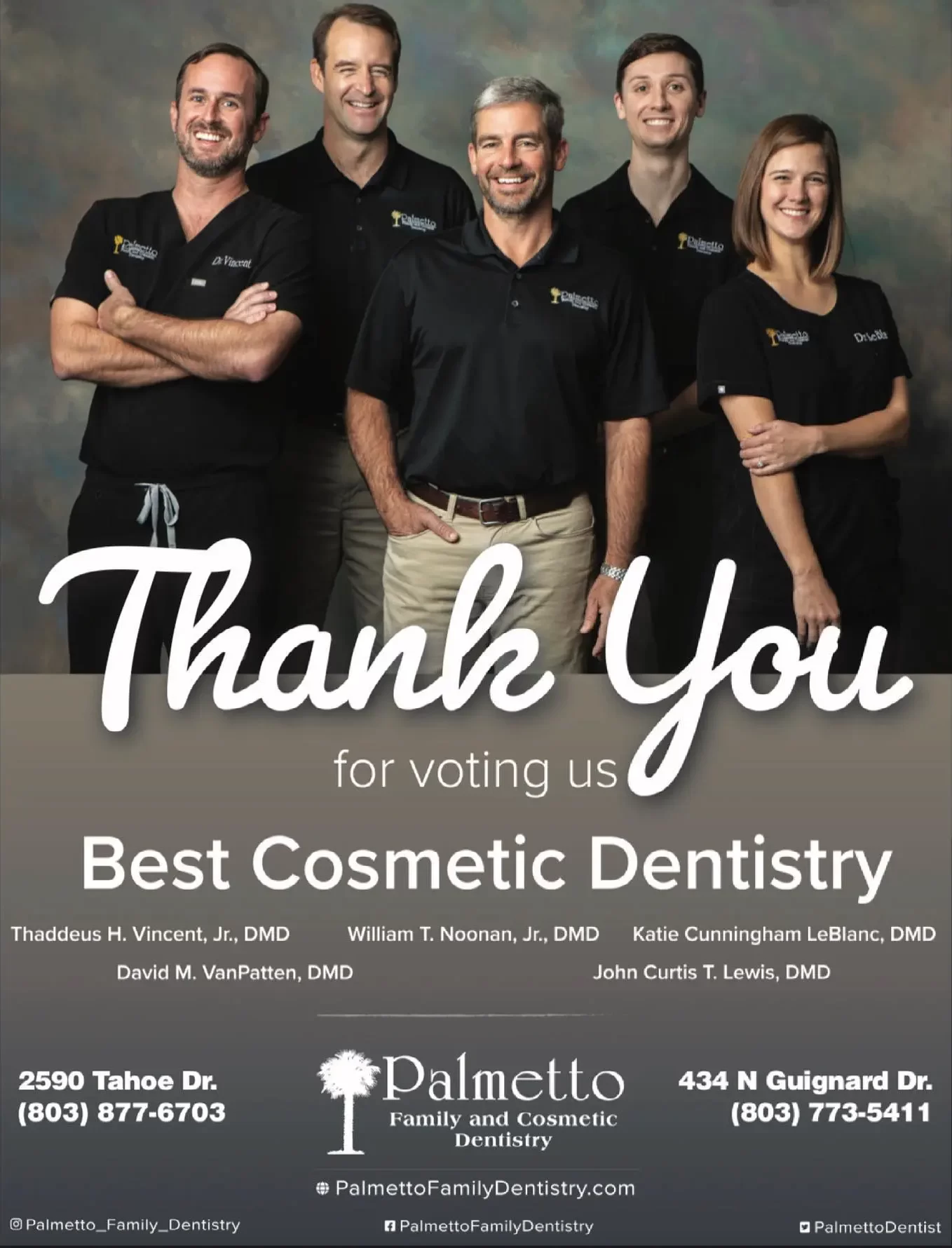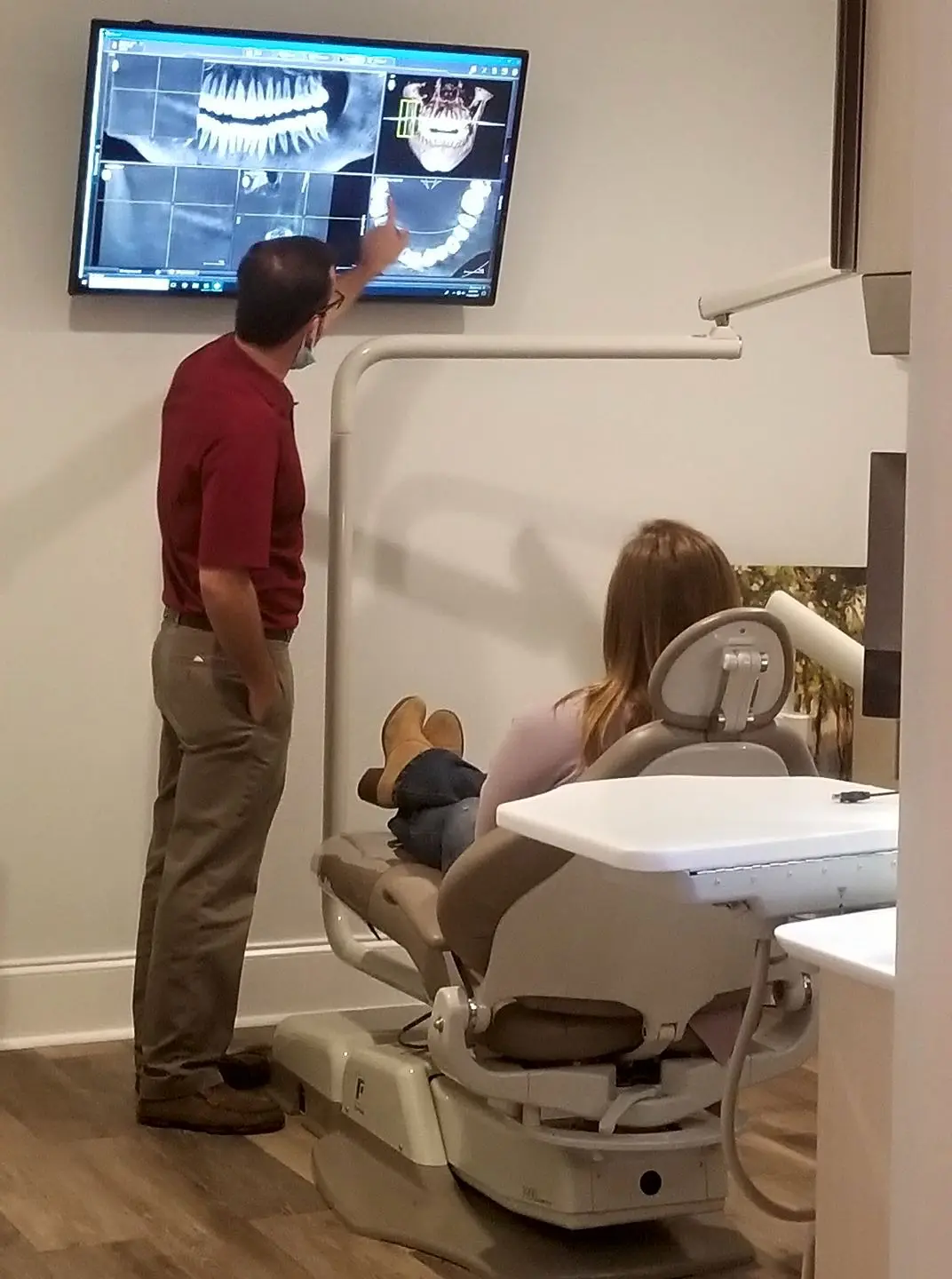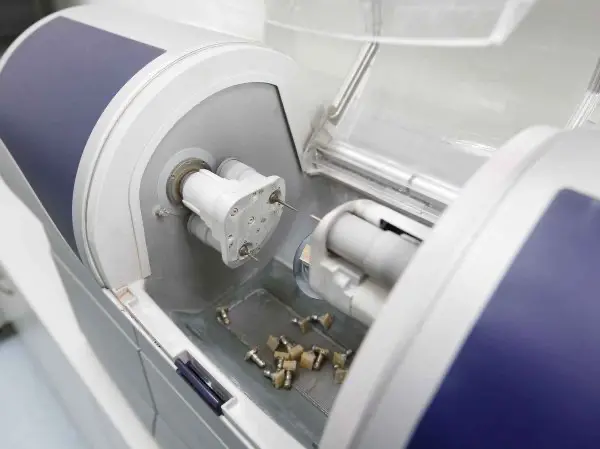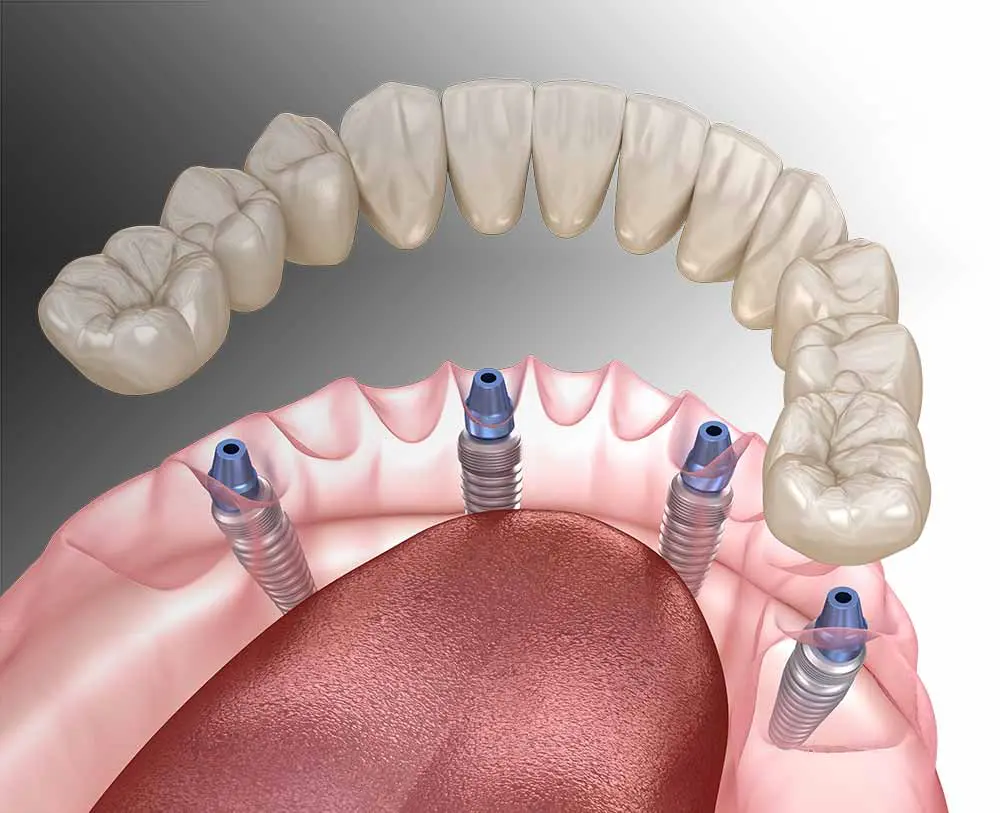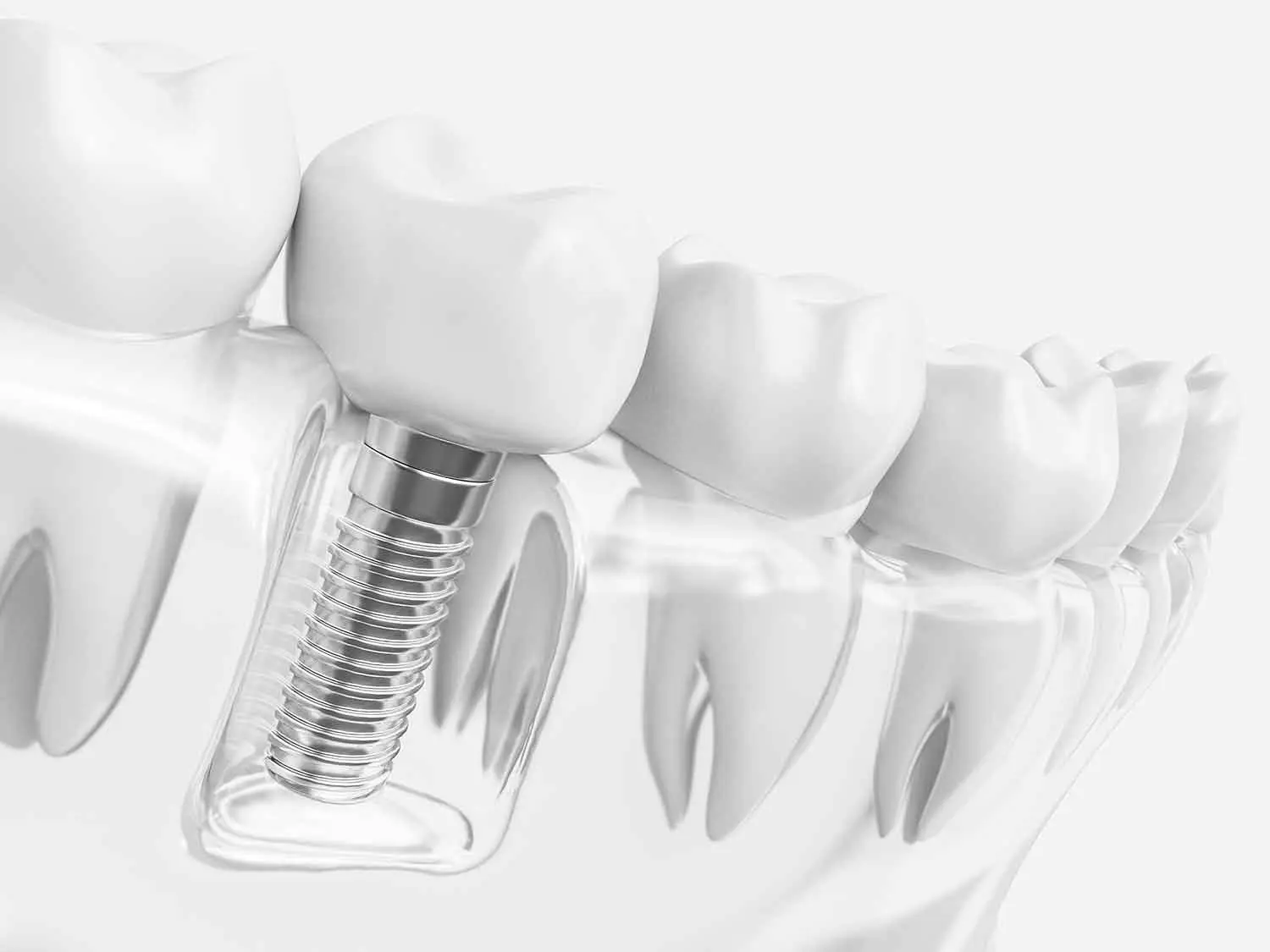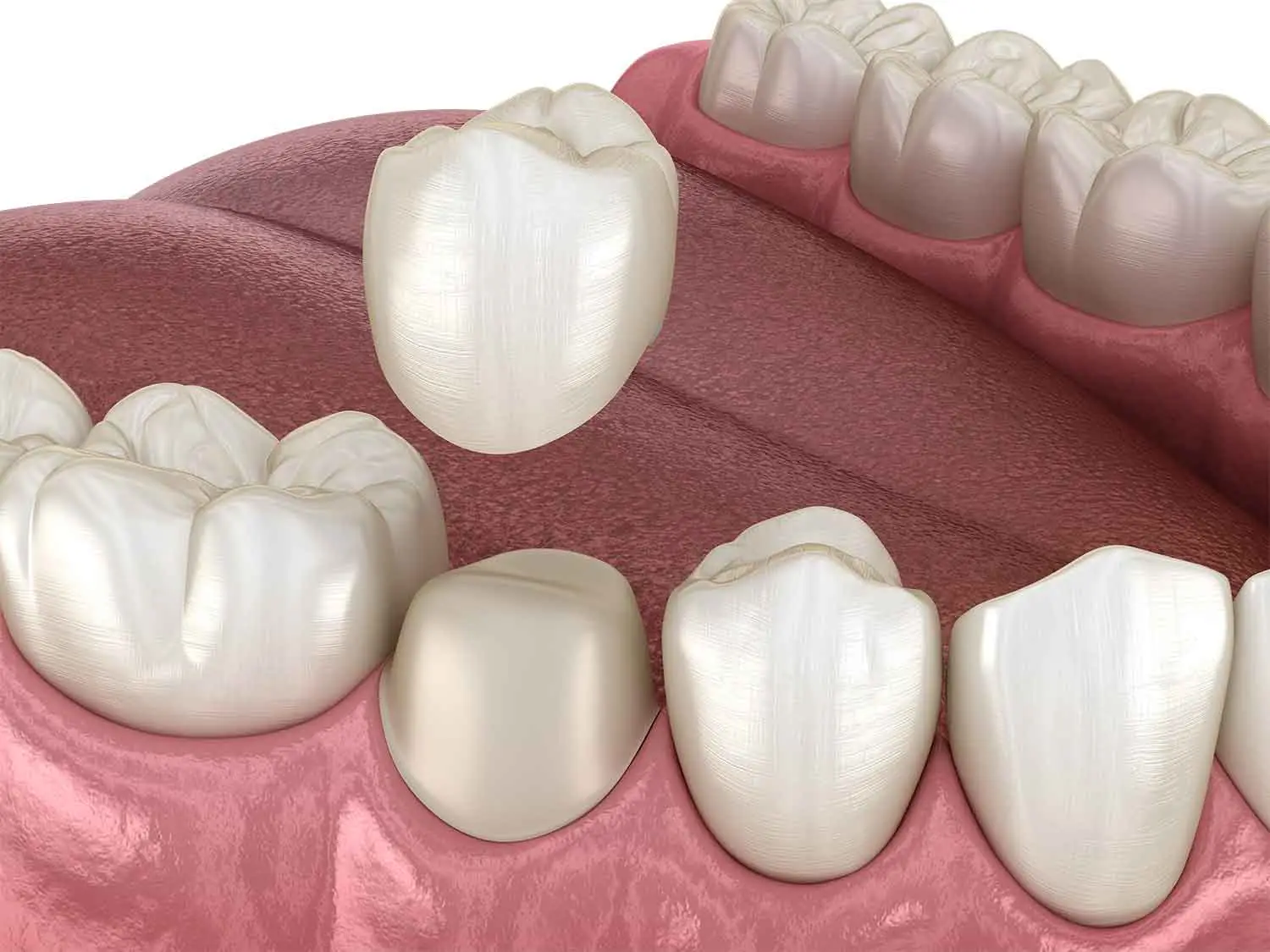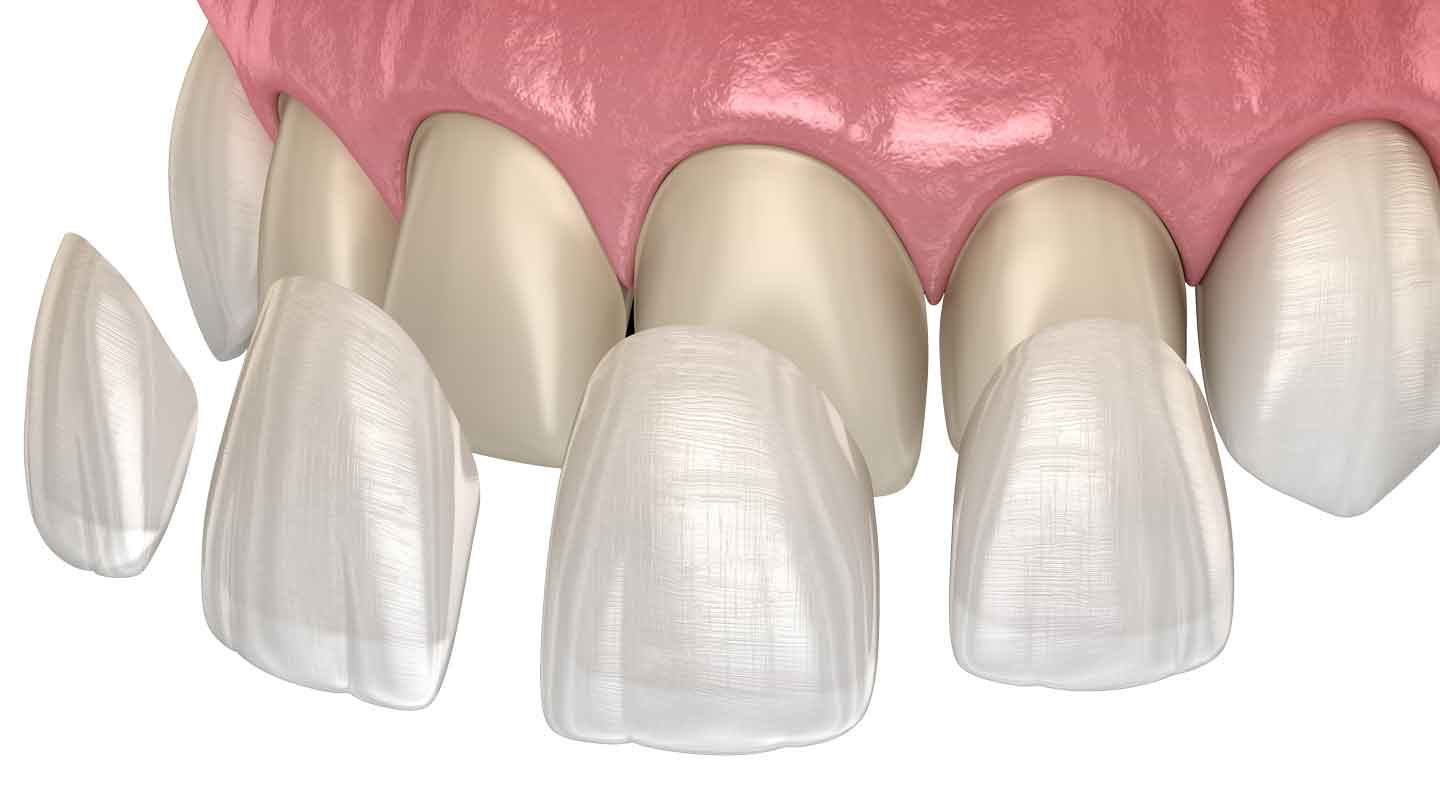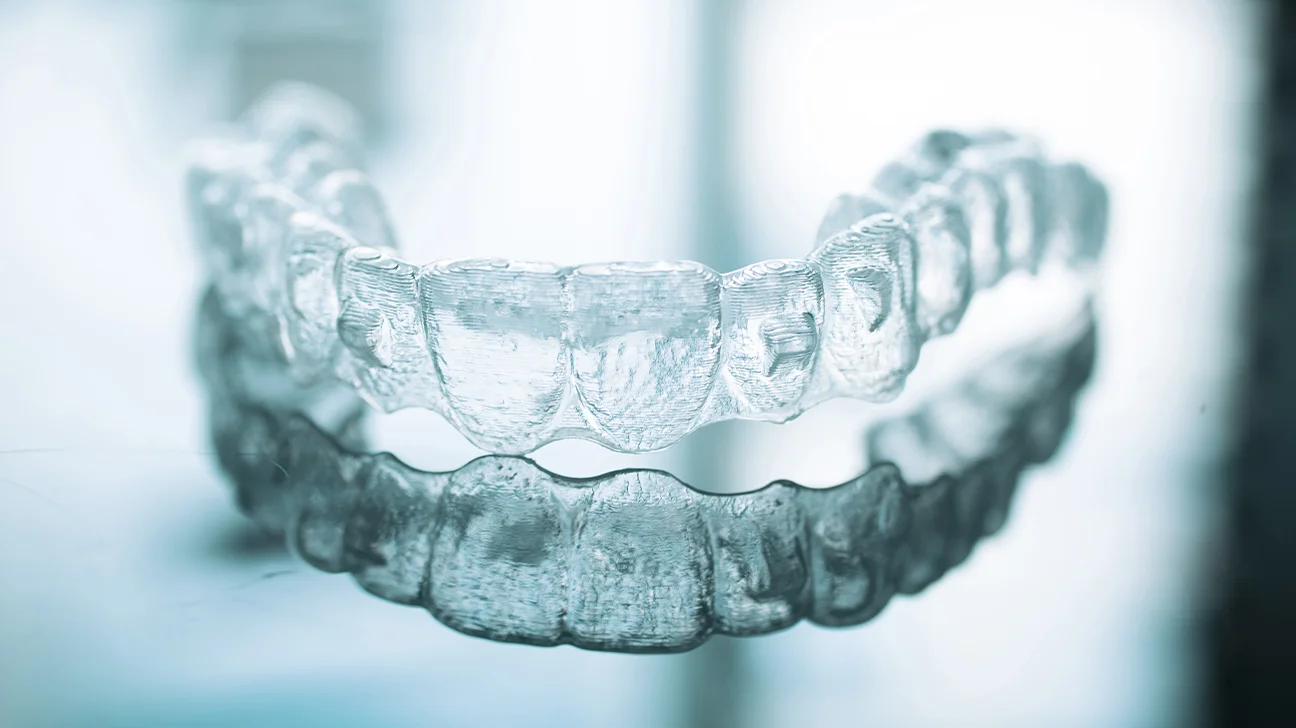These qualities have made Palmetto Family and Cosmetic Dentistry the best dental office in Sumter. We are grateful to be a part of the Sumter communities.
An expert family and cosmetic dentist at one of our friendly offices can help improve your self-image, confidence, and well-being. We do this by perfecting one of your most valuable assets — your smile.
Palmetto Family and Cosmetic Dentistry offers general, cosmetic and implant dentistry to patients in Sumter. Procedures including teeth whitening, porcelain veneers, same-day crowns, and other oral surgery needed. Above all, our dedicated and compassionate team of highly experienced, dentists, hygienists, and staff will attend to all of your dental needs.

